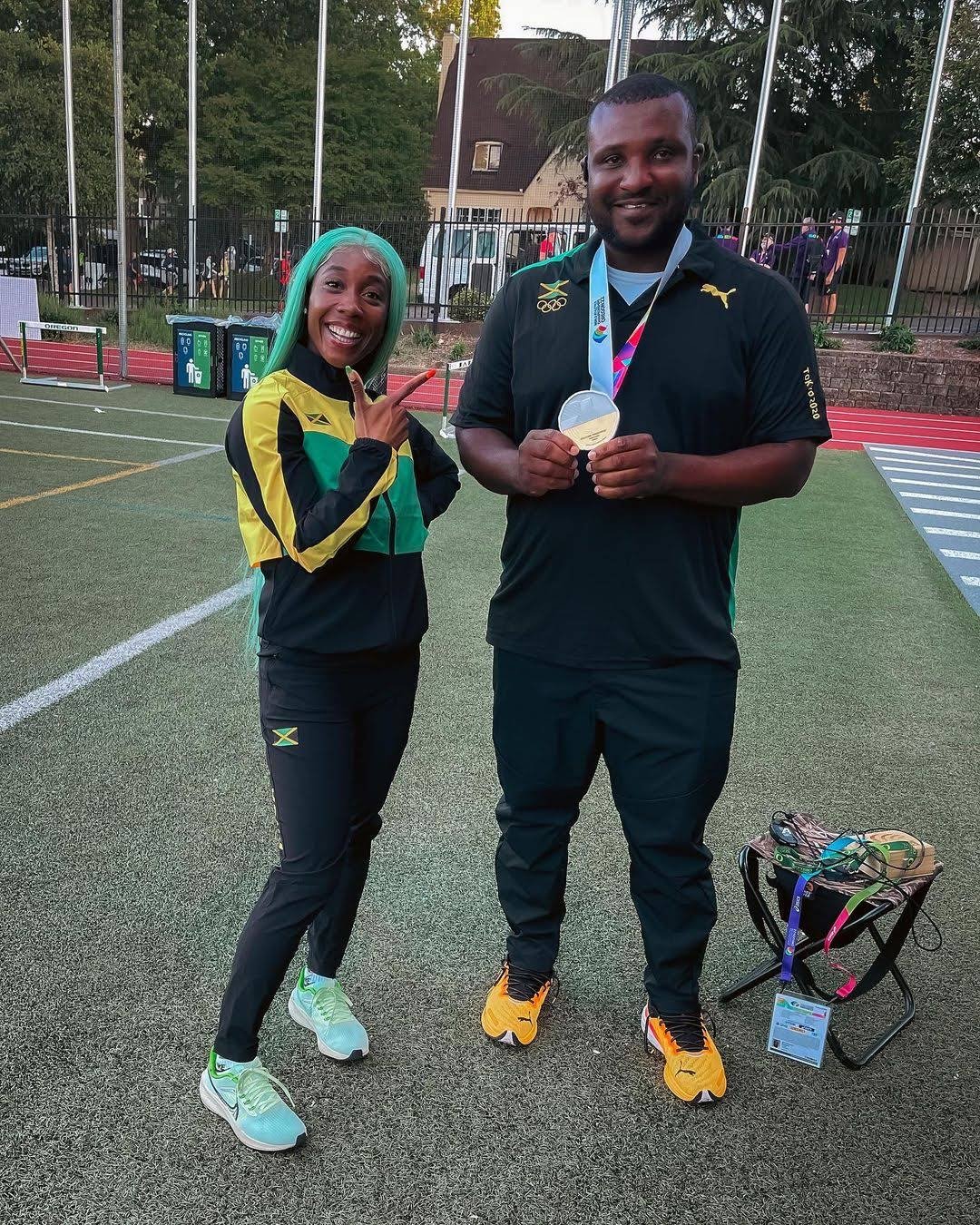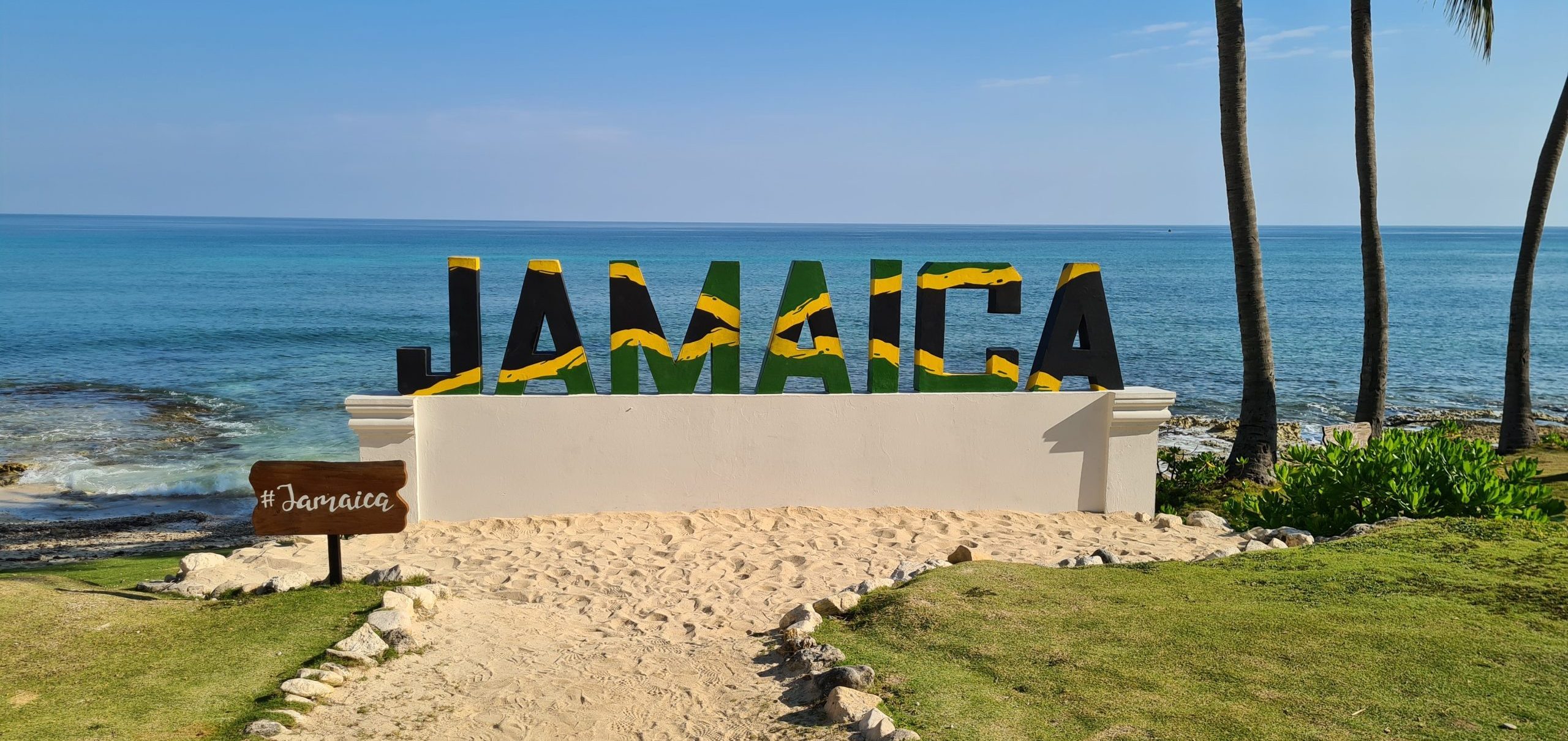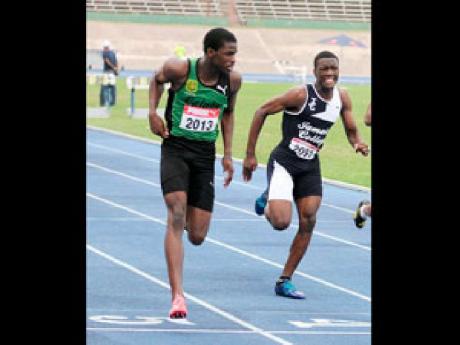The Genetic Advantage: Nature’s Gift to Jamaican Sprinters
Researchers have identified two pivotal genetic factors that bestow Jamaican athletes with an inherent edge.
The first is the “D allele” variant of the angiotensin-converting enzyme (ACE) gene, which predisposes individuals to possess larger-than-average hearts. This genetic trait facilitates the efficient pumping of highly oxygenated blood to the muscles, a crucial attribute for sustaining explosive bursts of speed over short distances.
Furthermore, the 577RR variant of the ACTN3 gene, found in a staggering 75% of Jamaicans, encodes instructions for the production of alpha-actinin-3, a protein that enhances the rapid, repetitive contractions of “fast-twitch” muscle fibers. This genetic predisposition equips Jamaican sprinters with an abundance of these specialized muscle fibers, ideally suited for short, intense bursts of activity.
The Crucible of Natural Selection: A Legacy Forged in Adversity
The genesis of Jamaica’s genetic advantage can be traced back to the harrowing Middle Passage, the final leg of the transatlantic slave trade route. It is theorized that the presence of the ACE gene made it more likely for the fittest and strongest individuals from Africa to survive the perilous journey, ultimately reaching the shores of Jamaica.
Through the inexorable process of natural selection, these genetic traits were passed down through generations, shaping the Jamaican population’s inherent predisposition towards athleticism and speed. This brutal chapter in history, while a somber reminder of humanity’s darkest hours, has paradoxically bequeathed Jamaica with a biological edge in the realm of sprinting.
The Fertile Soil of Jamaica: A Catalyst for Sprinting Excellence
Beyond the realm of genetics, Jamaica’s natural environment plays a pivotal role in nurturing its sprinting prodigies. Researchers from the University of the West Indies have uncovered a striking correlation between Jamaica’s bauxite (aluminum ore) deposits and the proliferation of Olympic-caliber sprinters.
Parishes like Trelawny and Manchester, rich in bauxite reserves, are also major agricultural hubs, contributing to the high aluminum content in Jamaican food crops. This dietary factor is believed to promote the activation of the ACTN3 gene from the earliest stages of fetal development, bestowing a sprinting advantage upon Jamaican athletes from the very onset of their lives.
A Culture of Sprinting: Fostering Excellence from Childhood
Jamaica’s unwavering pursuit of athletic excellence is deeply ingrained in its cultural fabric, manifesting from the earliest stages of childhood. The National Primary and Preparatory School Championships serve as a crucible, igniting the competitive spirit and identifying raw sprinting talent as early as eight years old.
This early exposure to the rigors of competition lays the foundation for a lifelong journey in athletics. Promising young athletes are then nurtured by robust sports programs at the high school level, ensuring their continued growth and development under the guidance of experienced coaches and mentors.
The ISSA/Grace Kennedy Boys and Girls Championships, an annual high school meet, exemplifies the deep-rooted passion for athletics in Jamaica. Supporters, decked in the colors of their alma maters, create an electrifying atmosphere, inspiring the next generation of Jamaican sprinters to strive for greatness.
The Allure of the Promised Land: Fueling Dreams and Determination
For many Jamaicans, particularly those hailing from rural communities, the pursuit of professional athletics represents a beacon of hope, a pathway to transcend socioeconomic barriers and elevate their families’ standard of living. This unwavering determination, fueled by the desire for a better future, ignites an unquenchable thirst for success on the track.
Usain Bolt, the epitome of Jamaican sprinting excellence, emerged from the remote district of Sherwood Content, a testament to the transformative power of dreams and perseverance. The prospect of securing a coveted sports scholarship, a gateway to higher education and financial stability, further stokes the flames of ambition within aspiring Jamaican athletes.
The Guiding Hands: Mentorship and Coaching Prowess
Raw talent and unwavering determination, while essential, are not the sole ingredients in Jamaica’s recipe for sprinting success. The island nation has been blessed with a cadre of exceptional coaches, whose expertise and guidance have played a pivotal role in shaping world-class athletes.
Stephen Francis and Glen Mills are among the most revered names in this esteemed fraternity. Mills, in particular, has garnered an illustrious coaching career, guiding athletes to a staggering 33 Olympic medals and 71 world championship medals, solidifying his status as a legend in the realm of athletics.
These coaching luminaries possess an unparalleled ability to instill discipline, refine technique, and unlock the full potential of their proteges, ensuring that Jamaica’s sprinting legacy continues to flourish on the global stage.
The Indomitable Spirit: Overcoming Adversity and Embracing Challenges
Despite the challenges posed by its modest population and economic constraints, Jamaica has consistently defied the odds, ascending to the pinnacle of global sprinting. This remarkable feat is a testament to the indomitable spirit that permeates every facet of Jamaican society.
From the well-educated citizenry to the unwavering commitment to effective policies and nation-building, Jamaica has cultivated a vibrant and resilient culture that transcends adversity. This unyielding determination, coupled with an unapologetic passion for athletics, has propelled the island nation to unprecedented heights, captivating the world with its sprinting prowess.
The Emergence of Jamaican Sprinting Royalty
Jamaica’s sprinting dominance has been embodied by a pantheon of legendary athletes who have etched their names into the annals of sporting history. Usain Bolt, the undisputed king of the track, has shattered records and redefined the boundaries of human potential with his awe-inspiring performances.
With an astonishing eight Olympic gold medals, Bolt’s charisma, humility, and sportsmanship have transcended the realm of athletics, making him a global icon and a source of immense national pride for Jamaica.
Alongside Bolt, a constellation of Jamaican sprinting stars has emerged, each leaving an indelible mark on the sport. Veronica Campbell-Brown, with her eight Olympic gold medals in the 100m and 200m sprints, and Asafa Powell, the “Sub-10 King” who held the world record for the 100m for over a decade, are but a few luminaries in this illustrious pantheon.
In the contemporary era, Elaine Thompson-Herah and Shelly-Ann Fraser-Pryce have carried the torch of Jamaican sprinting excellence, etching their names as the fastest women alive in the 100m and 200m events, respectively. Their remarkable feats have not only inspired a new generation of Jamaican athletes but have also solidified Jamaica’s status as a sprinting juggernaut on the global stage.
The Enduring Legacy: Nurturing the Next Generation of Sprinting Greats
Jamaica’s sprinting prowess is not a fleeting phenomenon but rather a legacy that continues to be nurtured and cultivated. From the grassroots level to the international arena, a concerted effort is underway to identify, nurture, and support the next generation of Jamaican sprinting talents.
Initiatives such as the National Primary and Preparatory School Championships serve as breeding grounds, fostering the development of young athletes and providing them with a platform to showcase their abilities. Meanwhile, robust sports programs at the high school and collegiate levels ensure that these budding talents receive the necessary guidance, training, and resources to reach their full potential.
Furthermore, the Jamaican government and private organizations have recognized the importance of investing in athletic development, providing funding, infrastructure, and support systems to ensure that Jamaica’s sprinting legacy endures for generations to come.
Conclusion
Jamaica’s sprinting prowess is a multifaceted phenomenon, a tapestry woven by genetics, environment, culture, and an unwavering determination to excel. From the genetic predisposition bestowed by nature to the nurturing embrace of a sports-centric society, every aspect of Jamaican life seems to converge in a symphony of speed and athletic excellence.
As the world continues to marvel at the exploits of Jamaican sprinters on the global stage, one thing remains certain: the island nation’s dominance in this realm is not a fleeting occurrence but rather a testament to the indomitable spirit, resilience, and passion that permeate every fiber of its being.
In the years to come, Jamaica’s sprinting legacy will undoubtedly continue to inspire and captivate, serving as a beacon of hope and a source of immense national pride for generations to come.
For recommendations on some of the best times to visit Jamaica, you can check out our guide here.
—
If you’re traveling to Jamaica alone, ensure you take all the necessary measures to keep safe. Read about how you can stay safe while visiting Jamaica. If you decide to visit any resort, be sure to tag us in your photos and videos @resortcaribbean, and follow our socials: Instagram, Facebook, YouTube.







![What You Need to Know before Visiting Azul Beach Resort Negril Jamaica Gourmet All-Inclusive [Resort Review] Azul Beach Resort Pool](https://resortcaribbean.co/wp-content/uploads/2021/09/20210828_091210-2-100x70.jpg)
![Visiting Ocean Coral Spring – One of Jamaica’s Most Famous Resorts [Resort Review] Visiting Ocean Coral Spring - One of Jamaica's Most Famous Resorts](https://resortcaribbean.co/wp-content/uploads/2021/11/20211106_155809-100x70.jpg)
![What is it like Visiting Iberostar Rose Hall Beach, Iberostar Grand Rose Hall, Iberostar Selection Rose Hall Suites? [Resort Review] What is it like visiting Iberostar Rose Hall Beach, Iberostar Grand Rose Hall, Iberostar Selection Rose Hall Suites?](https://resortcaribbean.co/wp-content/uploads/2023/03/20151129_122732-100x70.jpg)
[…] Why are Jamaicans So Fast? […]